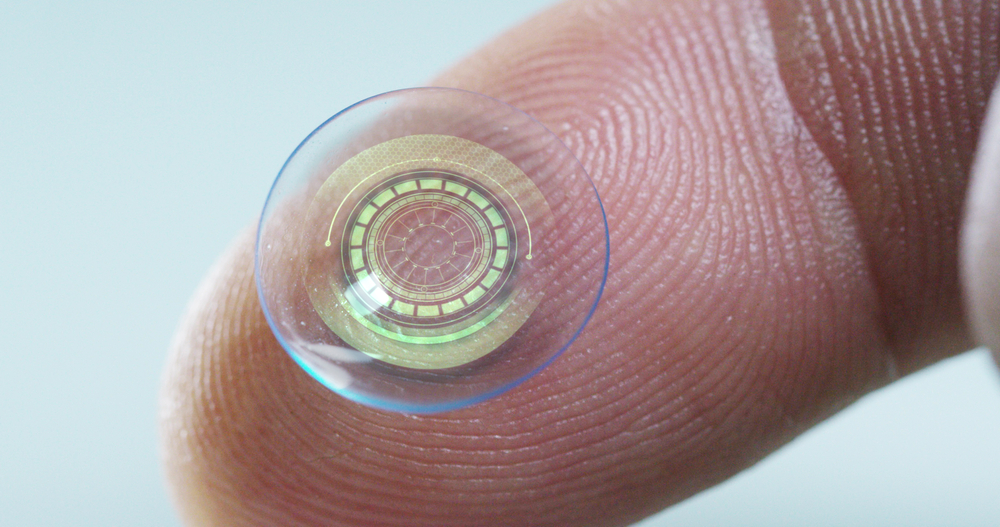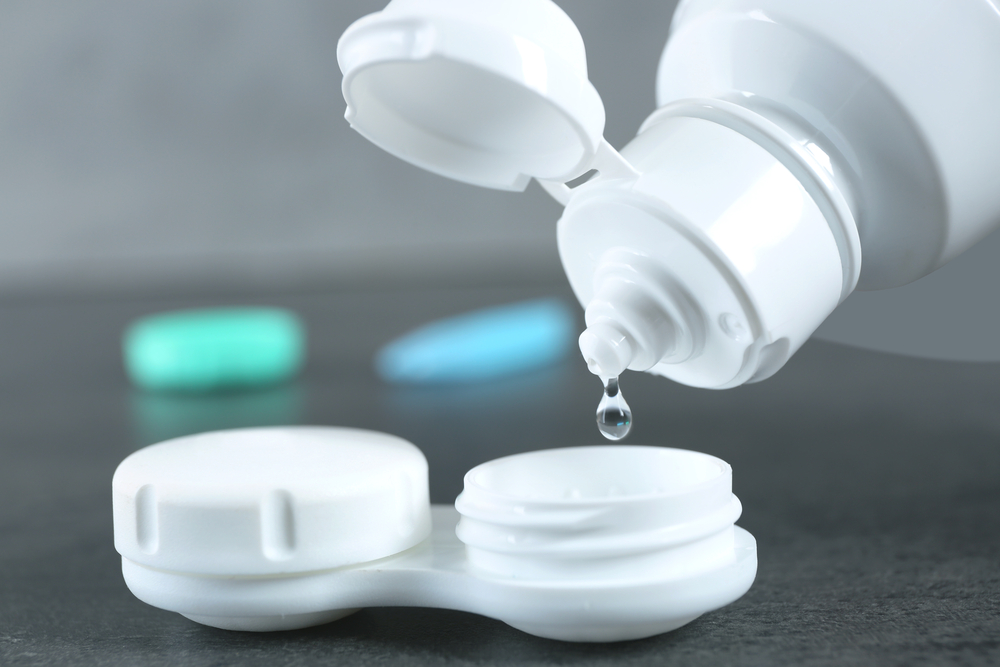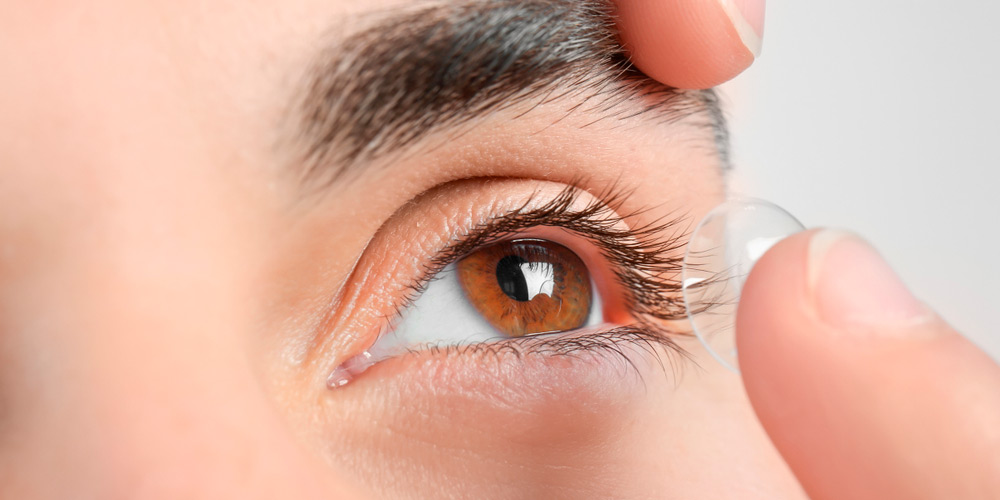
So you understand: lenses make your life easier, and there is no more sense to refuse them. What’s next?
Choose the view that suits you
All contact lenses can be divided into 2 categories: on the shelf life and the type of view. And if the second you will pick up the ophthalmologist, the expiry date you can choose for yourself. What they are:
- Disposable. The most convenient in terms of wearing and hygiene: put on in the morning, in the evening removed and thrown away. Don’t need any special care and storage. They are usually more expensive.
- For 30 days. They can sleep because it is convenient for people who find it hard to remove and put on contact lenses.
- 7 or 14 days. This is an interim solution, a compromise between daily and monthly lenses. At night they need to be removed and stored in a special solution.

The replacement time can not violate, otherwise you risk to get allergies, conjunctivitis, corneal hypoxia and other unpleasant diseases.
Dry eye when wearing lenses can be avoided.
To eyes become dry and irritated, you need to take a break. Doctors recommend rest from the lenses at least one day a week.
You can also wear a hydrating silicone hydrogel lenses. Silicone is highly transparent to oxygen and is the main condition for healthy natural tearing.
Before to wear contact lenses for the first time, you need to know a few important conditions:

- Be sure to follow the vision diagnostics to determine if you do this method.
- Decide what purpose you are going to wear them: to better see the whole day or only while reading? Maybe they need you only to work for a computer? The specialist will choose for you the convenient option.
- Lenses require special care: you need a solution to store lenses and eye drops. They cannot be cleaned with water, even purified. On the lens can settle the impurities that cause the infection.
- If the contact lenses were uncomfortable, do not be afraid to experiment with forms, materials and brands. But first, once again, consult your optometrist. Keep trying new options until you find one where you’re not going to be anything stranger in the eyes.
- Lenses must not be worn in pools and natural bodies of water. There are a lot of bacteria, so you can easily earn infection. And they can simply swim away from the eye.
- Contact lenses can affect your vision: it’s a myth. But you may seem so because of the comparison images to the lenses without: contrast creates the impression that you started to see worse.
But if you are thinking about more radical ways to regain visual acuity, read the article “Why you should not fear laser correction”.
